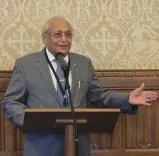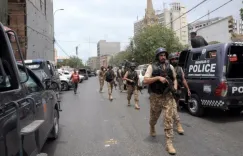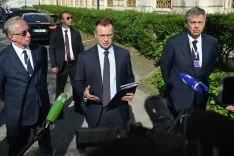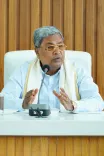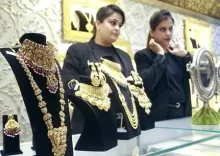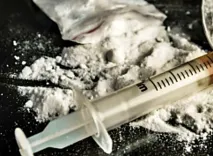Has Russia Expanded Its Entry Ban List in Reaction to EU Sanctions?
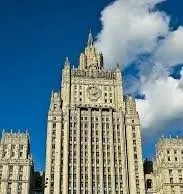
Synopsis
Key Takeaways
- Russia's entry ban list has been significantly expanded.
- Targeted individuals include EU officials and advocates for sanctions.
- Response to the EU's 17th and 18th sanction packages.
- The EU has blacklisted over 50 individuals in its latest sanctions.
- Price cap on Russian oil has been lowered.
Moscow, July 23 (NationPress) In a significant move, Russia has broadened its entry ban list, targeting representatives from EU institutions, member states, and other European nations, as stated by the Russian foreign ministry.
The updated list encompasses officials from law enforcement, governmental and commercial sectors, as well as citizens from EU and other Western nations who are deemed responsible for "providing military support to Kyiv, aiding in the delivery of dual-use products to Ukraine, engaging in activities that undermine Russia's territorial integrity, or orchestrating blockades against Russian ships and cargo in the Baltic Sea," as articulated by the ministry in response to the EU's 17th and 18th sanction packages against Russia.
Furthermore, it includes individuals associated with EU institutions, national authorities of EU nations and other European countries involved in politically motivated actions against Russian officials for supposed "illegal detentions and deportations from Ukrainian territory," those advocating for a so-called "tribunal" against Russian leadership, and proponents of confiscating Russian state assets or reallocating profits to support Kyiv.
The ban also targets individuals responsible for drafting or implementing anti-Russian sanctions, those undermining Russia's international relations, vocal Russophobic activists, and EU representatives who have voted in favor of anti-Russian resolutions and legislation.
In a statement, the ministry declared, "Any further sanctions-related actions from the EU will be met with a timely and appropriate response."
The Council of the European Union gave the green light to the 17th and 18th sanctions packages against Russia on May 20 and July 18, respectively, according to reports from Xinhua news agency.
The 18th package of sanctions has blacklisted over 50 individuals and entities, while the price cap for Russian oil has been lowered from $60 to $47.6 per barrel. Additionally, the EU has prohibited the import of petroleum products derived from Russian oil.

